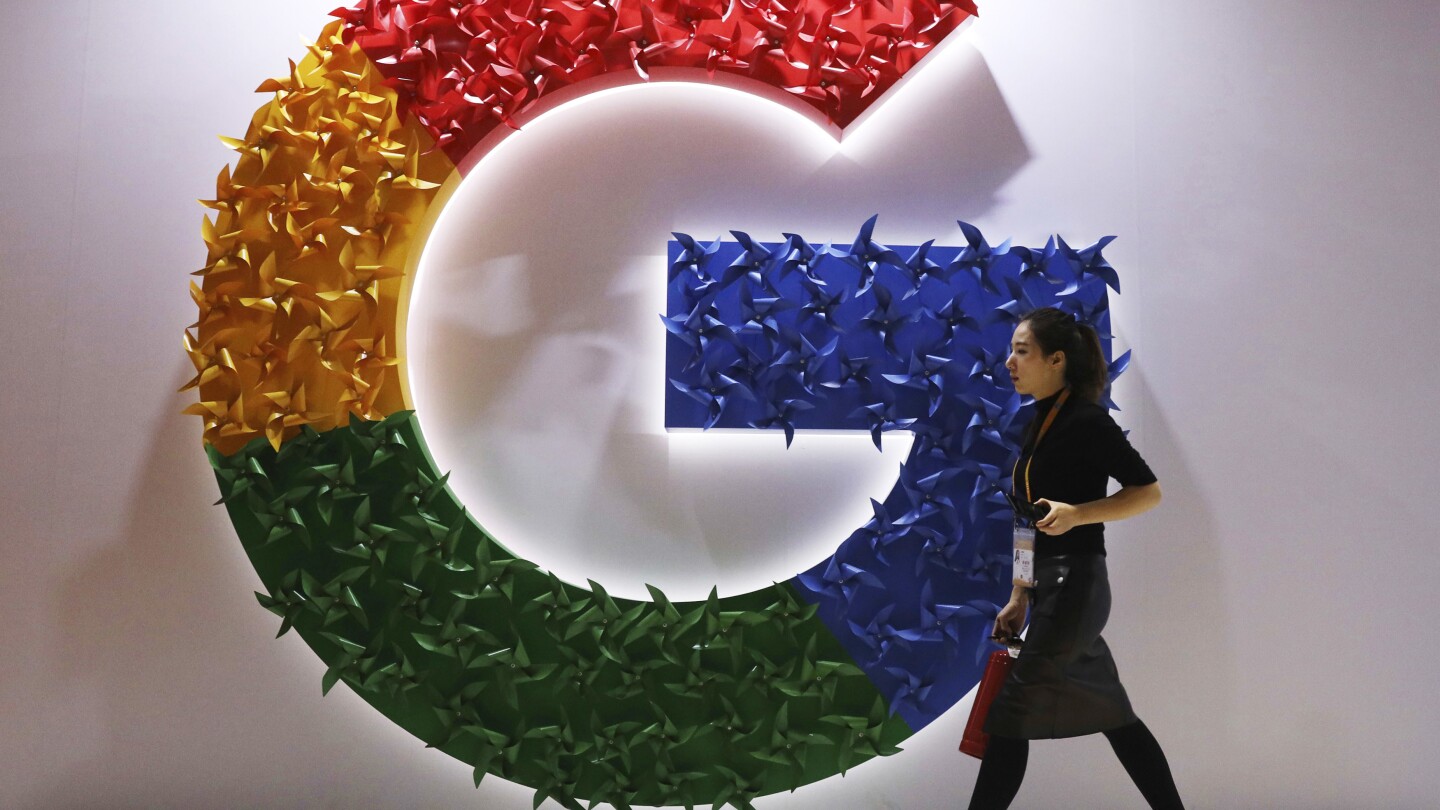Google is dropping plans to eliminate cookies from its Chrome web browser, making a sudden U-turn on four years of work to phase out a technology that helps businesses tracks users online.
The company had been working on retiring third-party cookies, which are snippets of code that log user information, as part of an effort to overhaul user privacy options on Chrome. But the proposal, also known as Privacy Sandbox, had instilled fears in the online advertising industry that any replacement technology would leave even less room for online ad rivals.
In a blog post on Monday, Google said it decided to abandon the plan after considering the impact of the changes on publishers, advertisers and “everyone involved in online advertising.”
The U.K.'s primary competition regulator, which has been involved in oversight of the Privacy Sandbox project, said Google will, instead, give users the option to block or allow third-party cookies on the browser.
That’s a good reminder that Google doesn’t make anything for you.
Google said it decided to abandon the plan after considering the impact of the changes on publishers, advertisers and “everyone involved in online advertising.”
This is like a landlord scrapping plans to add curtains or blinds after considering the impact on peeping Toms and forgoing a lock on the back door after consulting with burglars.
This is Google’s way of throwing a fit. They’ve been thwarted at every attempt to replace cookies with something WAY MORE creepy and WORSE by privacy advocates.
They’re quickly realizing that people will not give advertisers free reign anymore.
Way to go completely missing the point, Associated Press.
You’re supposed to be neutral, yet this is the biggest load of corporate removed gargling I’ve ever read
Edit: for context, what they were pushing as a replacement was way worse
Totally agree. There’s a much more thorough article on this here: https://www.thedrum.com/news/2024/07/22/shock-decision-google-abandons-third-party-cookie-deprecation-plans
No, please tell me more about how my privacy will affect advertisers.
I’m a frontend focused SWE. I suspect the main reason this was abandoned is because it caused technical hell. This has been enabled in incognito mode for a while and has caused a lot of issues with things like fetching profile pictures. For example, if you were on a google.com page that used images hosted on gstatic, they would fail to load because gstatic is “technically” a third party, even though both are Google owned. There are sorta ways around it but the nature of the Internet makes it stupidly annoyingly difficult and causes a lot of stuff to break.
Good idea on paper, but really difficult to implement without breaking the Internet.
Well, using gstatic.com instead of something like static.google.com has always been a stupid idea.
That’s just one example, the Internet is littered with similar things
I was thinking more trying to avoid lawsuits based on further cementing their monopoly in adspace.
Being the world’s leading advertiser and the only browser 90% of people use gives them way too much control. There’s no path to privacy with chrome that doesn’t end with Google as the sole gatekeeper. I mean, they already are the gatekeeper, but the current rate of lawsuits seems like an acceptable cost of doing business.
Dafuq you talking about? I’ve been blocking 3rd party cookies for a year without noticing any issue. Have I been missing a chunk of internet?
But, Google promised us!
I am shocked.does it even matter, how many people are there who care about cookies and use chrome






